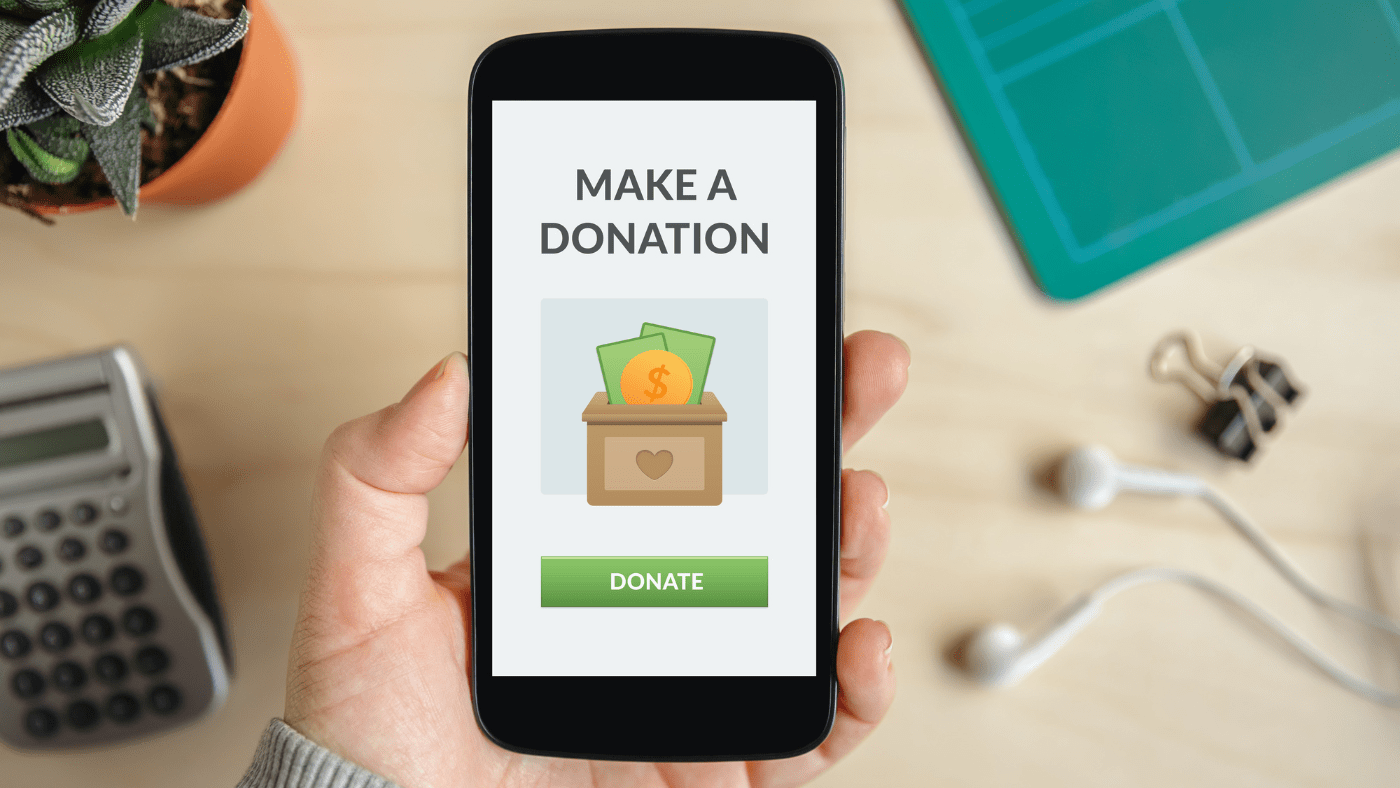Financial problems can create stress that shows up in many ways. Loss of work, unexpected expenses, increasing debt, housing or food uncertainty, and poor financial planning and budgeting can cause an overwhelming sense of shame and hopelessness. These factors may lead to vulnerable moments where Veterans and their loved ones may become more susceptible to scams.
Veterans and their families are popular targets for fraudsters who are looking to steal their pension benefits, disability compensation benefits and/or other means of financial support. Bad actors usually pose as legitimate entities and use sophisticated tactics to take some or all of Veterans’ hard-earned money and benefits. Some common fraud schemes include pension poaching, identity theft, phishing and fraudulent investment opportunities.
The impacts of these scams can be significant and may result in Veterans experiencing a loss of financial stability, overwhelming debt and difficulty meeting basic living expenses. Furthermore, the impact goes beyond finances and can negatively impact Veterans’ physical and mental well-being. Financial stress can result in trouble sleeping, feelings of helplessness, anxiety, embarrassment and—at times—suicidal thoughts.
Preventing fraud and supporting Veterans who have been victimized by fraud is a top priority for VA. To protect Veterans’ personal information and benefits, and avoid financial stress due to fraud, VA recommends following these guidelines:
- Do not share verification codes or Personally Identifiable Information (PII) (e.g., eBenefits, VA.gov, or VA login credentials) with anyone.
- Do not respond to, pay or share financial information with anyone via social media, text or email.
- Be cautious of suspicious or unfamiliar hyperlinks and attachments. Government websites will always use a .gov domain.
- Be wary of requests to move money from bank, investment or retirement accounts.
- Verify identity by obtaining a VA Security Personal Identification Number (PIN).
- Maintain healthy cyber habits. Download strong antivirus software, utilize multi-factor authentication, and frequently change and maintain strong passwords.
- Backup important files such as military service/medical records, discharge papers and copies of VA claims to ensure proof of identity and documentation.
- Learn more about identifying fraud and protecting VA benefits by visiting VA’s VSAFE website.
Veterans need to know they are not alone in dealing with these issues. VA is dedicated to helping Veterans and fraud survivors by offering resources to address financial stress.
If you are a Veteran in crisis or concerned about one, contact the Veterans Crisis Line to receive 24/7 confidential support. You don’t have to be enrolled in VA benefits or health care to connect. To reach responders, Dial 988 then Press 1, chat online at VeteransCrisisLine.net/Chat, or text 838255.
If a Veteran is missing a VA benefits payment, identifies a discrepancy in payments, or finds suspicious activity within their direct deposit account, contact VA immediately at 1-800-827-1000. If an entity is projecting misinformation or has questionable business practices, file a complaint with the Federal Trade Commission (FTC) at reportfraud.ftc.gov.
Topics in this story
More Stories
In this news post, we explore the various options designed to keep you in your home, offering hope and possible solutions for when/if you experience financial hardship.
Vietnam Veteran David Chee is among the many Native American Veterans and service members who have dedicated their lives to military service. Chee proudly served with the Army's 82nd Airborne, parachuting into the jungles of Vietnam. Chee now owns a home he purchased on Navajo tribal lands with the help of the VA Native American Direct Loan.
For Veterans, donating to charities—especially those that support fellow service members—feels like a meaningful way to give back to the community. However, Veterans and their loved ones must remain vigilant and learn to protect themselves from charity scams.







I lost over $300,000. to a scammer who stated she worked for the DEPARTMENT OF HEALTH & HUMAN SERVICES the person stated I could get a grant from (LIHEAP) low income housing energy assistance program. The person wanted fees to be paid to her with gift cards. She sent me a fake check also, but wanted $4,500. for some phoney authentication paper before the check could be cashed. Much more to this horror story
Doesn’t matter what protections you use. In the last year I have been contacted by 5 different businesses informing me that I was a victim of a data breach. The biggest one was the US Government. All my info is open on the dark web, phone,ssn,email addresses, every place I have lived for decades plus more. Then here’s the kicker…they tell me or give me suggestions on how to protect myself. Why didn’t they use them and why on earth are some companies storing my info that I haven’t been to in decades.